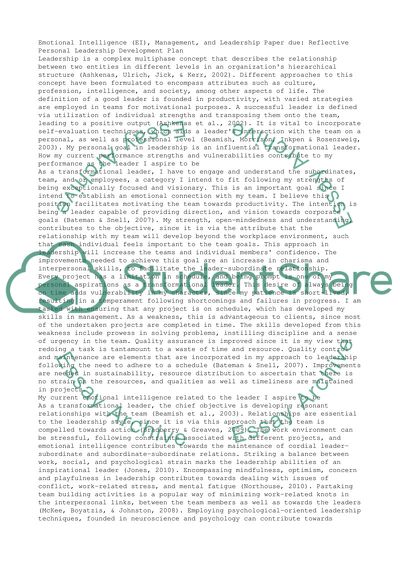Cite this document
(EmotionaI Intelligence (EI), Management, and Leadership Paper Assignment, n.d.)
EmotionaI Intelligence (EI), Management, and Leadership Paper Assignment. https://studentshare.org/management/1838332-emotionai-intelligence-ei-management-and-leadership-paper
EmotionaI Intelligence (EI), Management, and Leadership Paper Assignment. https://studentshare.org/management/1838332-emotionai-intelligence-ei-management-and-leadership-paper
(EmotionaI Intelligence (EI), Management, and Leadership Paper Assignment)
EmotionaI Intelligence (EI), Management, and Leadership Paper Assignment. https://studentshare.org/management/1838332-emotionai-intelligence-ei-management-and-leadership-paper.
EmotionaI Intelligence (EI), Management, and Leadership Paper Assignment. https://studentshare.org/management/1838332-emotionai-intelligence-ei-management-and-leadership-paper.
“EmotionaI Intelligence (EI), Management, and Leadership Paper Assignment”. https://studentshare.org/management/1838332-emotionai-intelligence-ei-management-and-leadership-paper.


